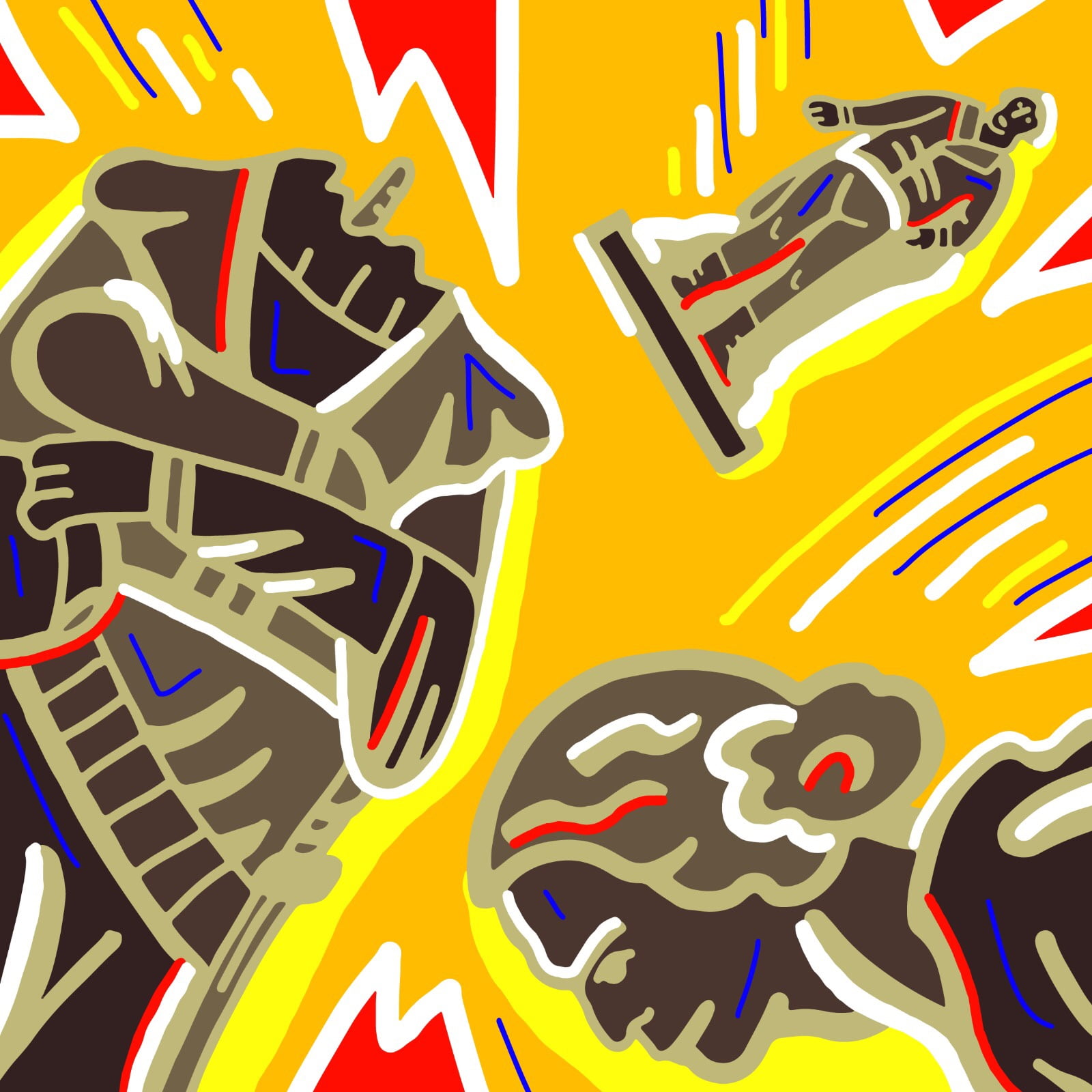By Eamonn Burke
As the reckoning over police brutality and racial injustice in the United States continues, so does the demand for a change in how we view and represent our racist history. One target of such criticism has been statues of American “heroes” who were known to have owned slaves or were part of the Confederacy despite their prominent standing in our nation’s history.
Statues of Thomas Jefferson, Christopher Columbus, Ulysses S. Grant and many more are being torn down and defaced across the nation in the wake of George Floyd’s death, which represented a larger problem of systemic racism in the US. This comes with other reforms that have been under way, such as banning the Confederate flag from NASCAR races and renaming controversial brands like Aunt Jemima, as well as Military Bases.
“When I look at these statues of white supremacists, it is just a constant reminder of the struggle that my ancestors had to face,” said Kerrigan Williams, leader of the activist group Freedom Fighters.
The spray painting and toppling of monuments and statues has also been met with a fair amount of criticism, especially from our President Donald Trump. In an Independence Day speech at Mount Rushmore (as well as on Twitter) Trump denounced the actions, and announced plans for a “National Garden of American Heroes” featuring statues of the founding fathers and other prominent Americans. Although there are much bigger problems at hand, Trump seems to be focusing his campaign on these “radical” protestors who are trying to “destroy America”. Republican senator Mitch McConnell played the good cop and expressed distaste with the protests in a more civil way: “The vast majority of Americans know full well that imperfect heroes are still heroes,” he said.
While some far-right Trump loyalists may rally under this, there is evidence that this is turning away more people than it is uniting for him.






